By Gidado Ibrahim
On a cursory note, the functions of the judiciary is as follows: interprets laws, protects civil rights, decides cases, serves as custodian of fundamental rights, guardian of the constitution, decides the conflicts of jurisdiction between the center and states of the federation. From the foregoing, it can be safely summed up that a free judiciary is both life and freedom.
A United Nations report on corruption states: “corruption within the judiciary undermines the very essence of a fair and impartial legal process, eroding the foundational principles upon which justice is built. The consequences are far-reaching, affecting individuals, communities, and the overall integrity of the rule of law.”
The foregoing explains why Nigeria is not taking lightly cases of corruption within the judiciary. It has so far recorded huge success. We were witness to the raiding of senior judges and lawyers in this country. Nigeria has been roundly applauded globally for how it is tackling corruption in the judiciary.
It is however sad to imagine the extent to which some Nigerians can go to disparage their country. Needless to remind these misguided persons and their prompters that the Nigerian judiciary is respected globally. This respect is reflected in the number of Nigerians serving in various international organisations, including the United Nations-backed tribunals, courts etc. At the World Court in The Hague, Nigeria is well regarded because of the strength of our domestic legal system
Unfortunately, it is quite disheartening to witness the ugly and unwholesome trends unfolding – a sad tale that leaves sour taste in the mouth. To my utter dismay, the last few days, like never before, the country’s judiciary has come under immense bullying from a political group who are attempting to box and blackmail the judiciary to a corner. This, they are perpetrating by casting aspersions on the ability of the judiciary to dispense justice without fear or favour.
Suffice to add that past and present jurists have served as Chief Justices of many countries, ranging from Justice Udoma Udo Udoma as CJN of Uganda from 1963 to 1969, and replaced by Justice Akinola Aguda. On 3 February 1972 Aguda was also appointed the first African Chief Justice of Botswana. Concurrently, he was also a judge of the Court of Appeal of Swaziland, Botswana and Lesotho. Until recent years, Justice Emmanuel Akomaye Agim, a Nigerian, was the Chief Justice of The Gambia.
While the foregoing underscores the exploits of the Nigerian judiciary and acumen of the men at Nigerian bench, one is left wondering where the scepticism about the ability of the Nigerian judiciary is coming from.
These unwarranted distractions are only opposition gimmicks tonwhip up sentiments, thereby attracting undeserved sympathy. Trying to vilify the presidential election petitions court before the judgement is delivered will not help their cause any inch because our judges are men and women of impeccable pedigree and character to do justice fair and square. I am not saying there are no bad eggs.
The concept of lawyers bribing judges highlights the intersection of power, ethics and accountability within the Nigerian legal landscape. Take, for example, the case of the chairperson of Panel 2 of the Election Petition Tribunal, sitting in Kano, Justice Azinge, who on Tuesday raised the alarm that some lawyers were attempting to bribe judges in her team.
She revealed that this was the second time a judge was complaining about how some lawyers prosecuting election matters before her tried to corrupt the system by offering bribe to her and her colleagues.
In view of this revelation, the Nigerian Bar Association (NBA) must collaborate actively with Security agencies, especially the anti-corruption agencies, the police, the EFCC or the ICPC, if it involves a staff or public servant. Erring judicial officers should be dealt with to serve as deterrent to others.
Reports of lawyers attempting to sway judicial decisions through illicit means underscores the need for comprehensive reforms. The Nigerian legal community should embark on introspection and self-regulation to identify and address the root causes that may foster such unethical behaviour. Transparency, accountability, and commitment to upholding the rule of law are vital components in dismantling the culture of corruption, which threatens to undermine the credibility of the justice system.
Efforts to combat judicial corruption should involve not only legal professionals but also civil society organisations, academia, and governmental bodies.
Strengthening mechanisms for reporting and addressing allegations of corruption, ensuring the independence of the judiciary, and enhancing ethical training for lawyers are crucial steps in creating a more robust and trustworthy legal ecosystem.
The February 25, 2023 presidential election and the legal issues that emanated from it has brought the strength of our judiciary under close examination. Recently, Nigerians woke up to the site of bill boards everywhere with the inscription: all eyes on the judiciary. This strange behaviours is being perpetrated by the supporters of a certain presidential candidate who believes by mob action they can intimidate, box or cow the learned judges at the presidential Eeection petitions tribunal to do their narrow bidding.
Because of their mob style, they have occupied the social media space with all manner of insinuations. Some have started driving a narrative that when a case is staying too long in the King’s palace, it means that the big man is guilty. Nothing can be more dangerous than this.
The five juatices at the presidential court are men of impeccable pedigree and character who can never be blackmailed into taking a decision that is not in the interest of justice. Emotions or whipping up public sentiment and throwing tantrums does not win cases in court. Rather, cases are won and loss on the basis of the strength of arguments. Learned judges who are steeped in the principle of law must be allowed time to do the needful with utmost diligence. The current attempt by this unscrupulous elements to stampede the judiciary won’t work.
In anycase, what favourable outcome are they expecting from the presidential election tribunal? What solid evidence have they presented?
Elections are not won based on mob actions. Rather, it requires building political bridges across vast interests. President Bola Ahmed Tinubu has done meticulous for the better part of the last 30 years. Like the political mathematician that he is, he spread his tentacles, knowing the strength of number in politics.
The integrity of the 2023 elections is not in doubt. What will it benefit mischievous Nigerians to ridicule, discredit and rubbish our judicial system before the entire world? For us to continue to wash our dirty linens in the market is unfortunate. The most painful aspect of it all is that the presidential election was adjudged to be substantially credible, free and fair by reputable groups like the Nigerian Bar Association (NBA), sub continental organisations like ECOWAS Election Observer Monitoring Team.
If the election was not free and fair, how comes Mr Peter Obi, the candidate of the Labour Party was able to defeat the candidate of the APC, Tinubu, in Lagos? Lagos is a territory that Tinubu is considered as the Lord of the ring. I ask again, if the 2023 election wasn’t credible, how come the Labour Party, which has never won a counsellorship seat before gathered 34 seats at the House of Representatives and six Senate seats?
Labour party and its supporters should know that winning a presidential election is not a tea party. It takes a national spread and acceptance such as Tinubu commands to win presidential election. Is Obi and his supporters not playing the ostrich by expecting to win an election they neither campaign nor accept in the North West and East. No! Presidential elections are not won based on emotions.
We don’t need to dissipate energy on whether Tinubu won the election or not. He won. Even his rivals know this fact. However, the most painful thing about this charade is that our judiciary is being disparaged. It is very unhealthy for our democracy and striving judicial system.
As I round off, I want to advise that as the last hope of the common man. the integrity of the judiciary must be upheal at all cost. I must submit here without equivocation that the judiciary in Nigeria has done substantial justice since independence, even in the face of tyranny and an undemocratic military government.
It has checkmated the rascality of the executive and upheld the sanctity required in a democratic state. Just recently the Supreme Court in the case involving the federal government v AG of Kaduna state and others assumed original jurisdiction and overturned the unpopular policy of the executive arm on the naira redesigned policy. It is believed that the judiciary acted on the side of the law and on the side of the people.
These development clearly show that the Supreme Court is not only a court of law but also a court of public policy. The decision has far reaching implication, one of which is that the executive will now be challenged directly by the Supreme Court on any policy that is anti-people and done contrary to the law. It’s almost impracticable to think of democracy with out the judiciary since democratic development and sustenance rest on an independent and fair judiciary.
On this note, let me congratulate the new minister of Justice and Attorney General of the Federation, Latif fagbemi (SAN). The appointment of the erudite legal luminary is timely, as Nigerians are looking up to a new staratagy to bridge the gap among the executive, legislature, and judiciary arms of government. Our expectations are that under his watch, cases of corruption and other related offenses shall be dispense in good time with immediate dispatch without hitches from technicalities.
– Ibrahim is director, Communication and Strategic Planning, of the Presidential Support Committee (PSC).
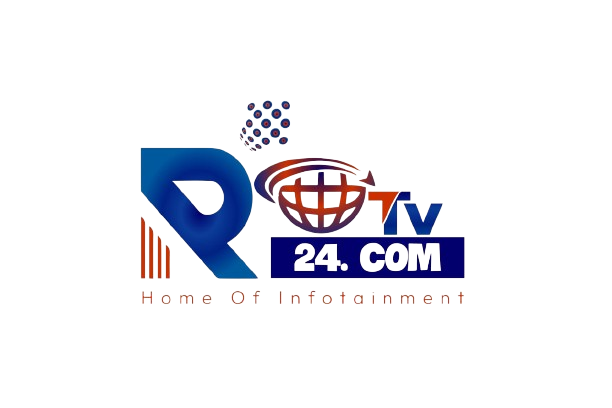
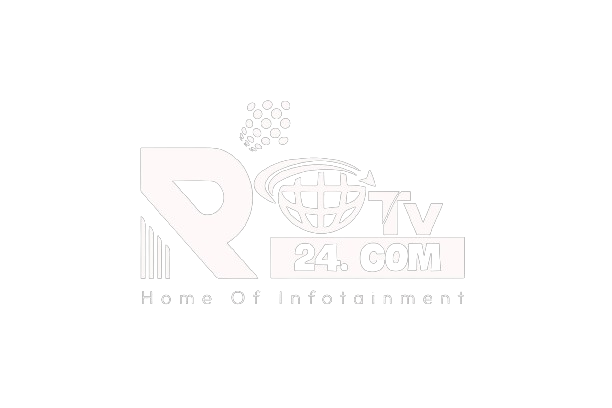
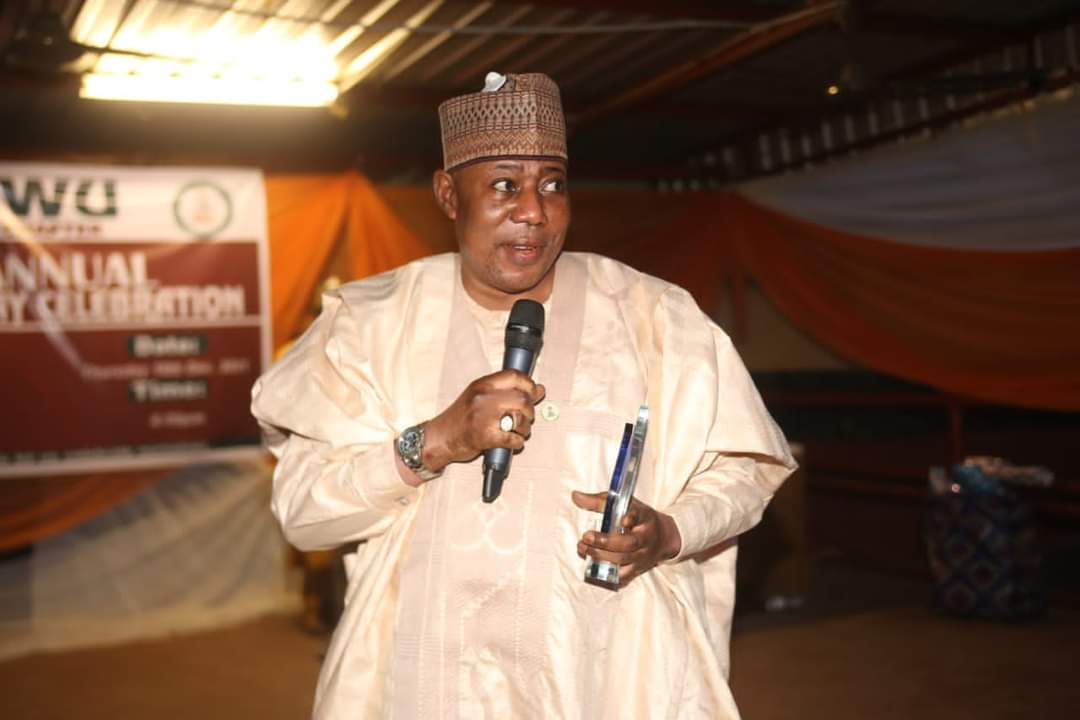



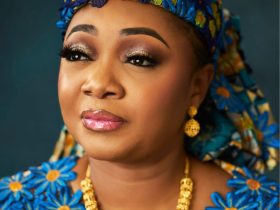

Leave a Reply